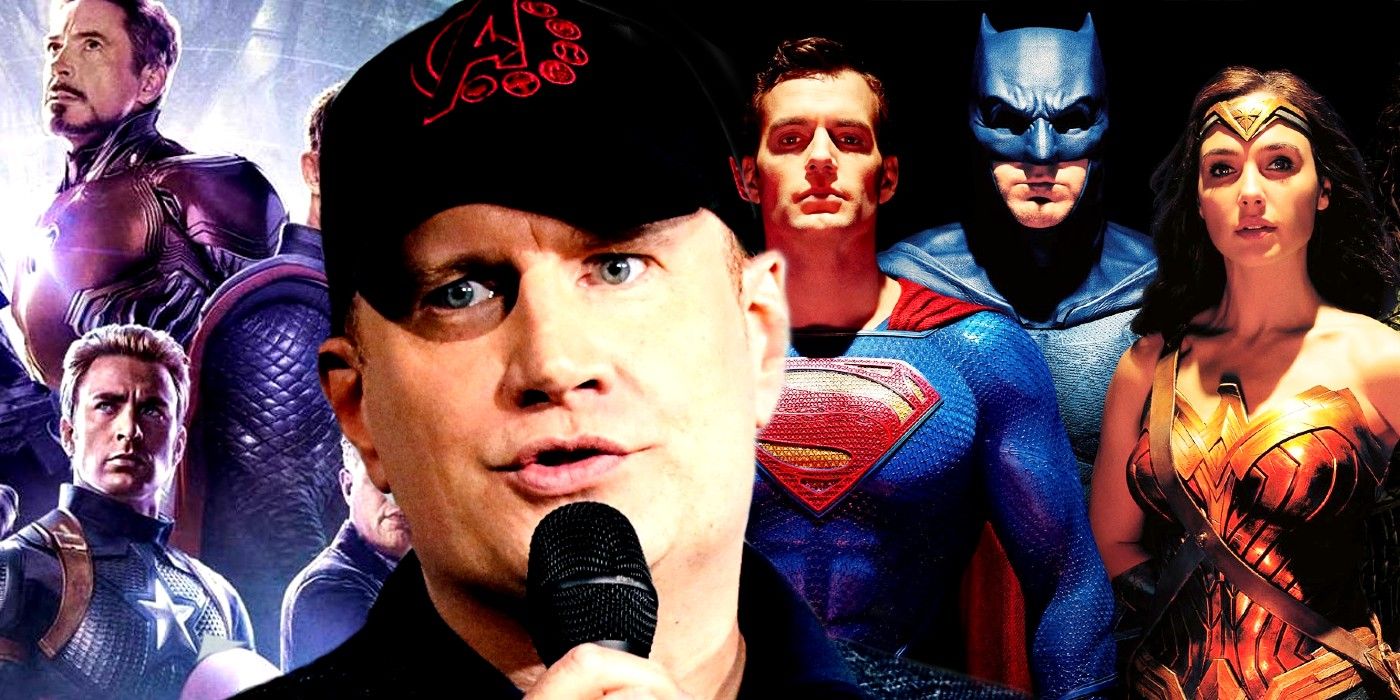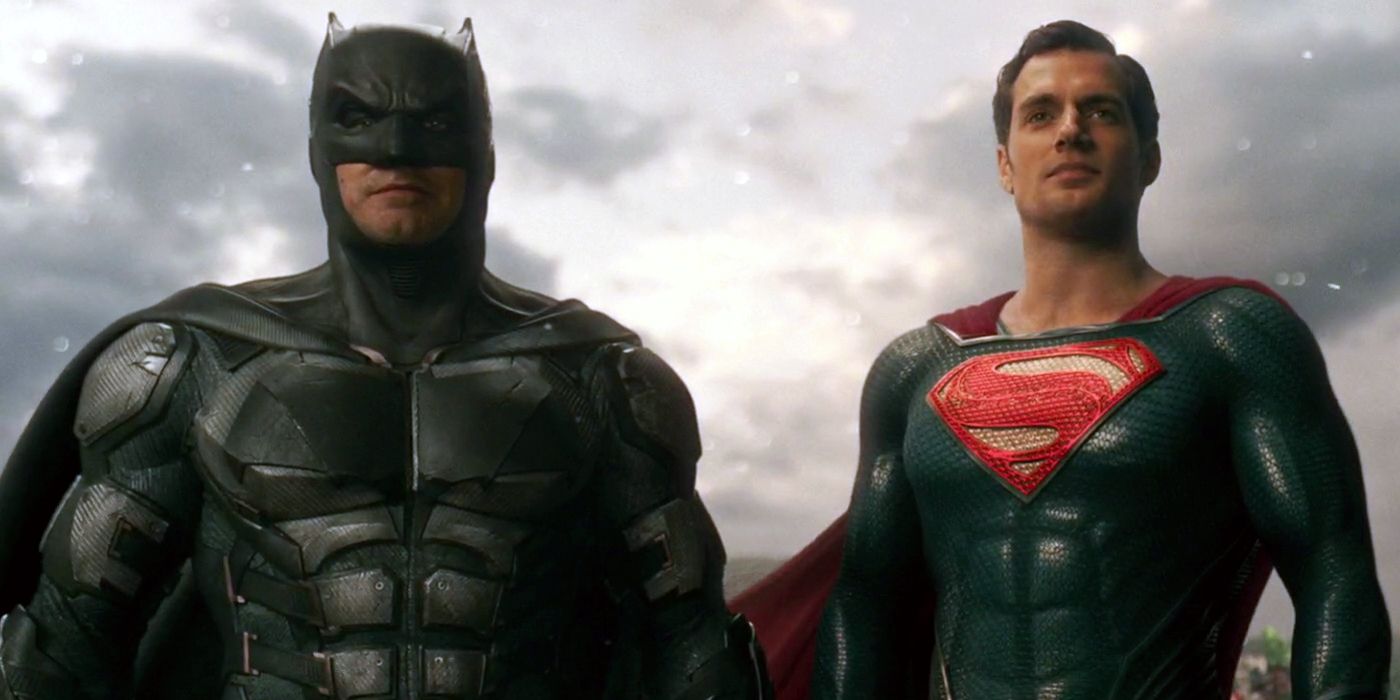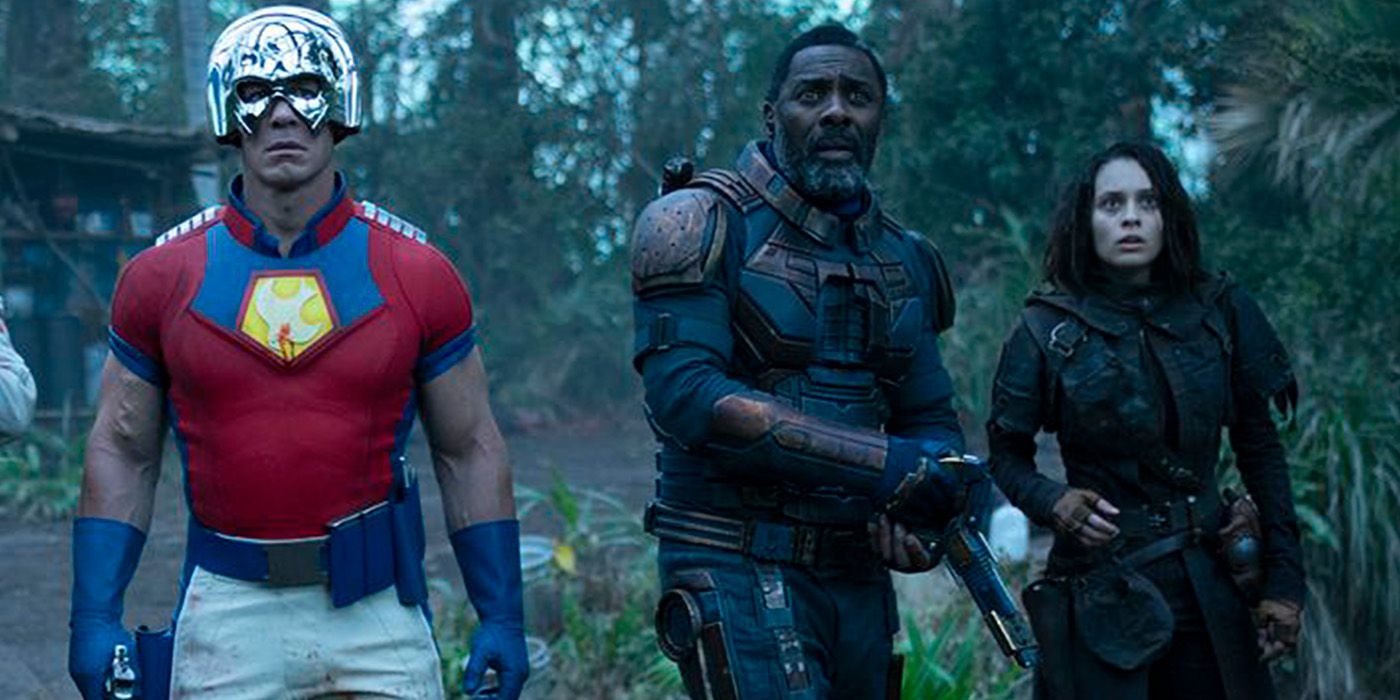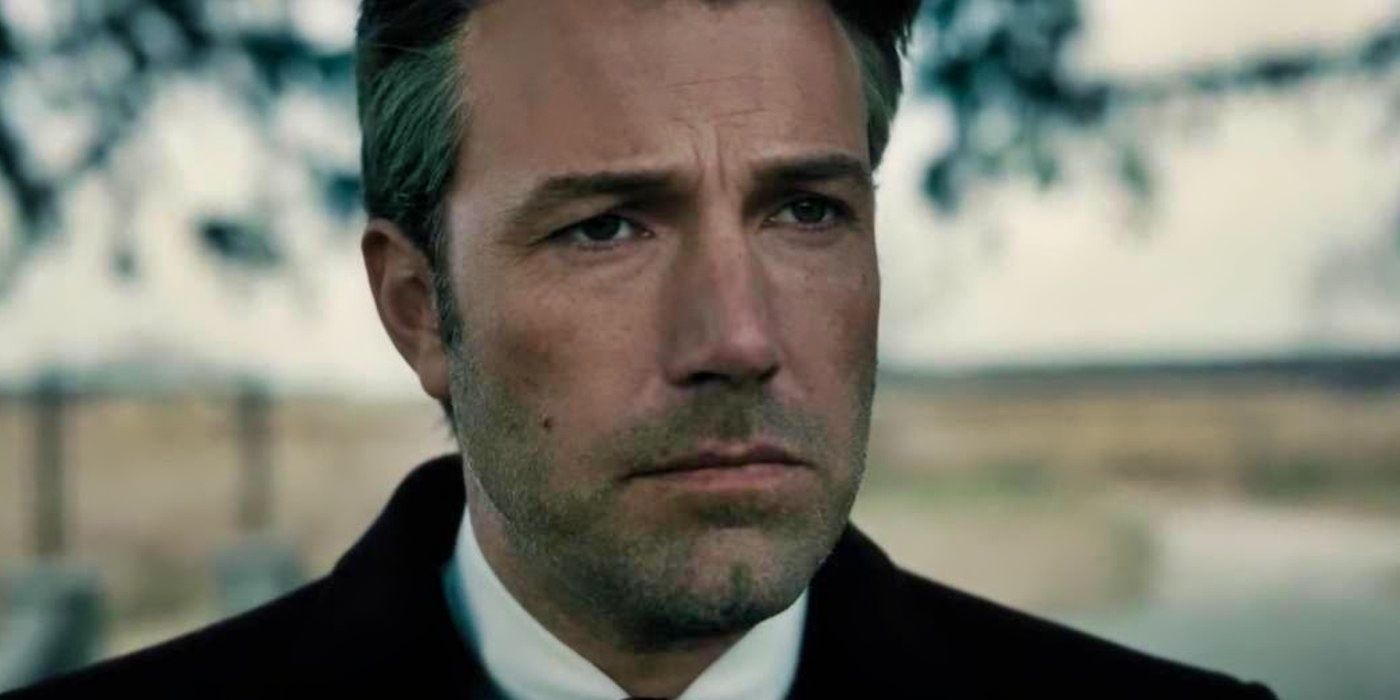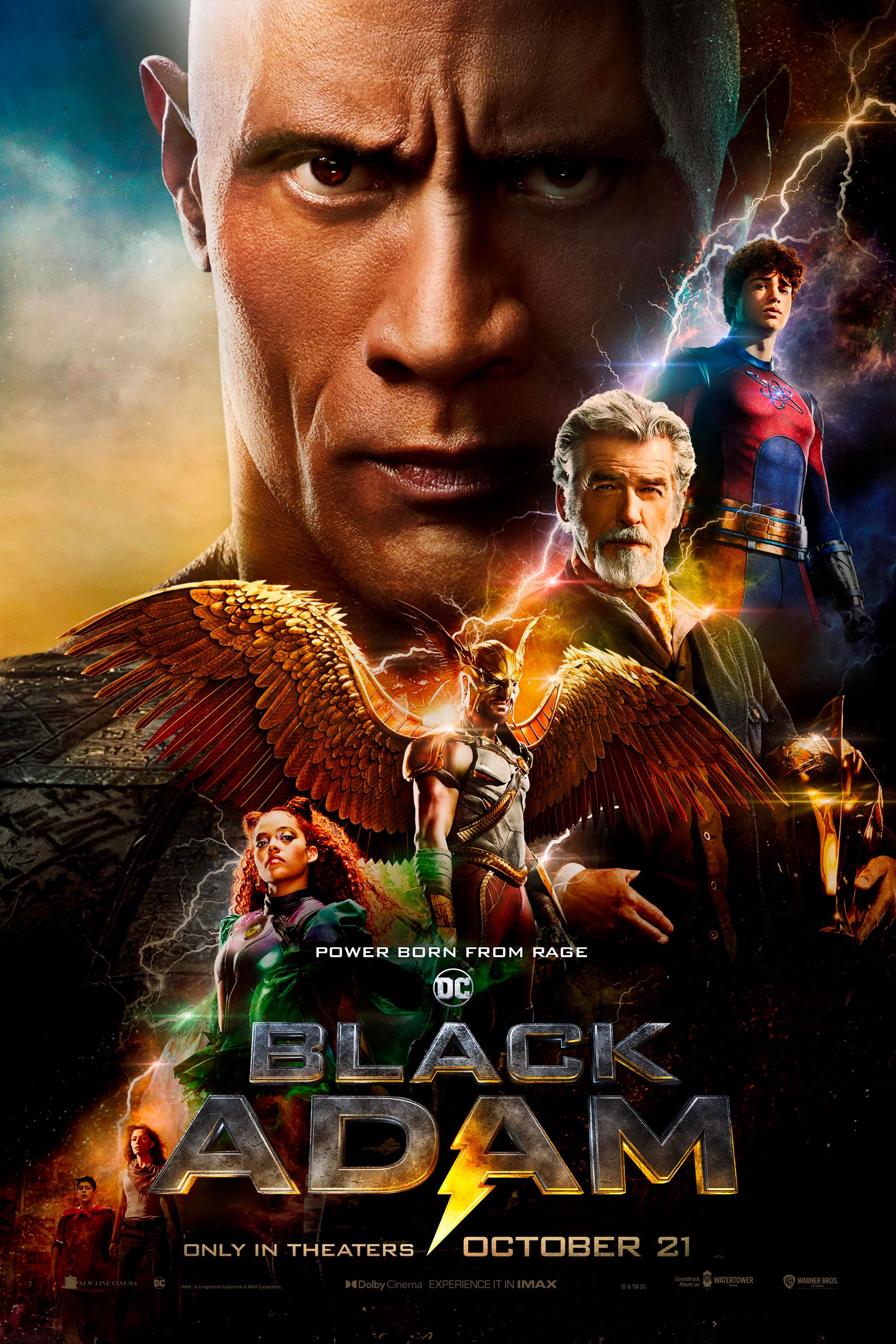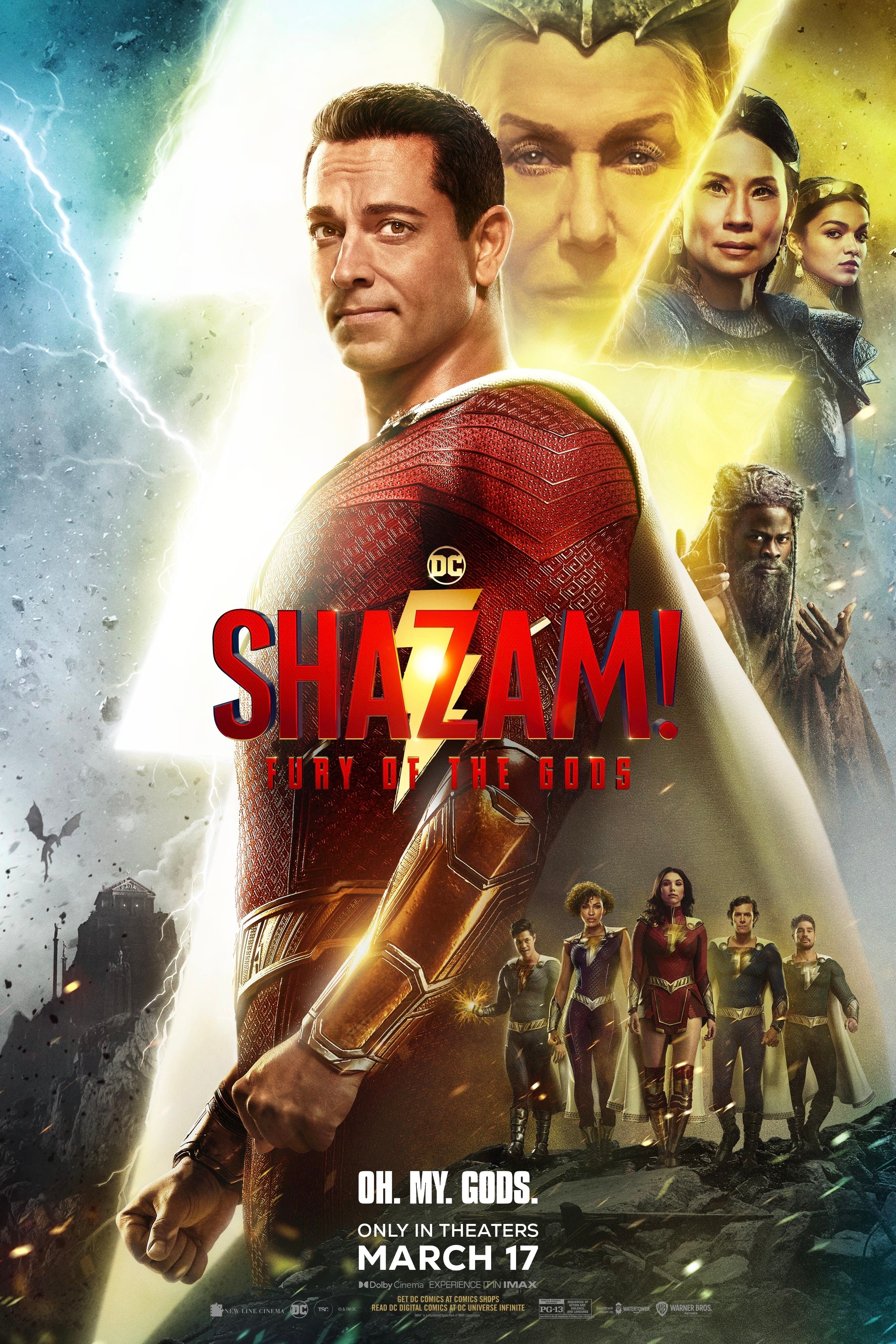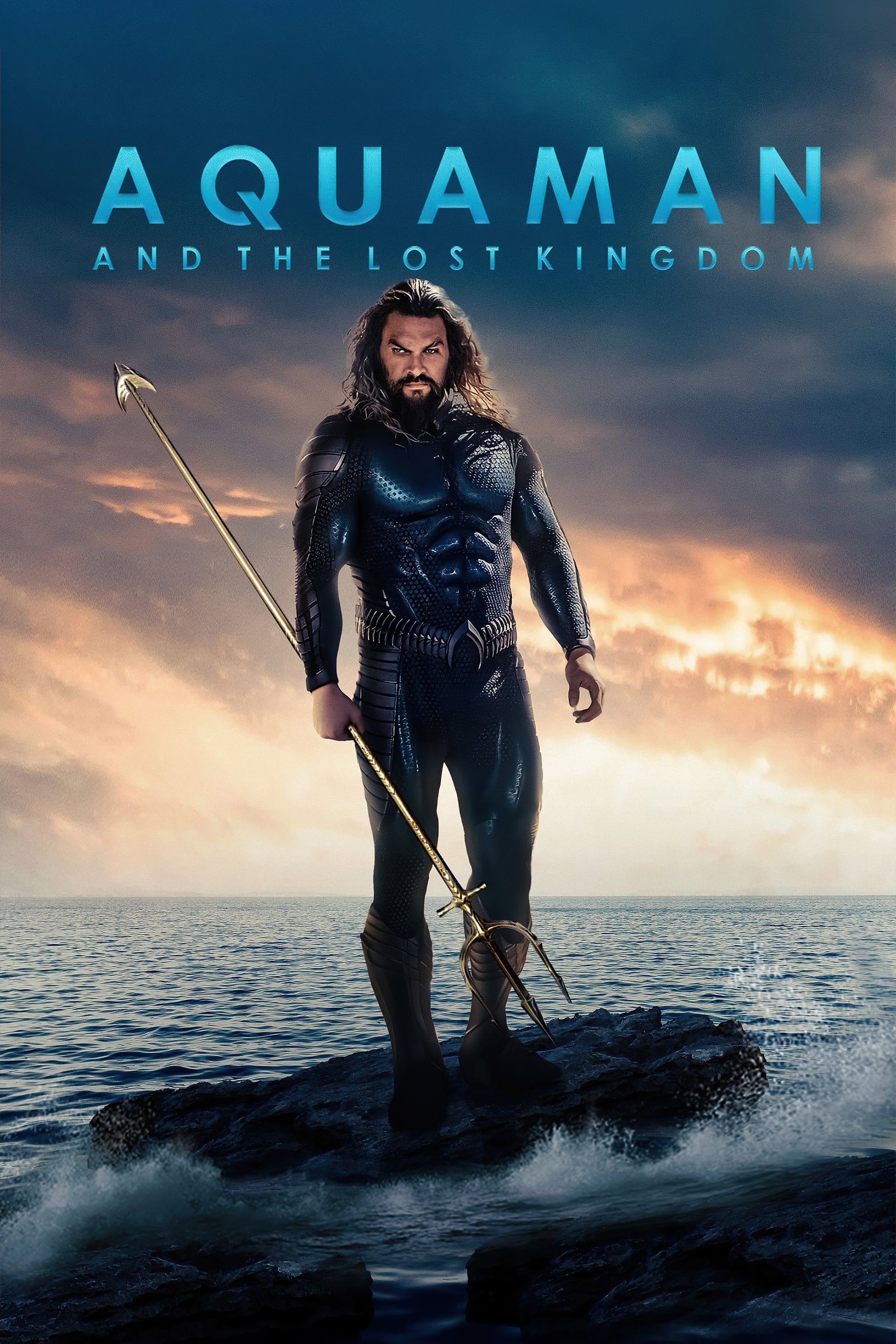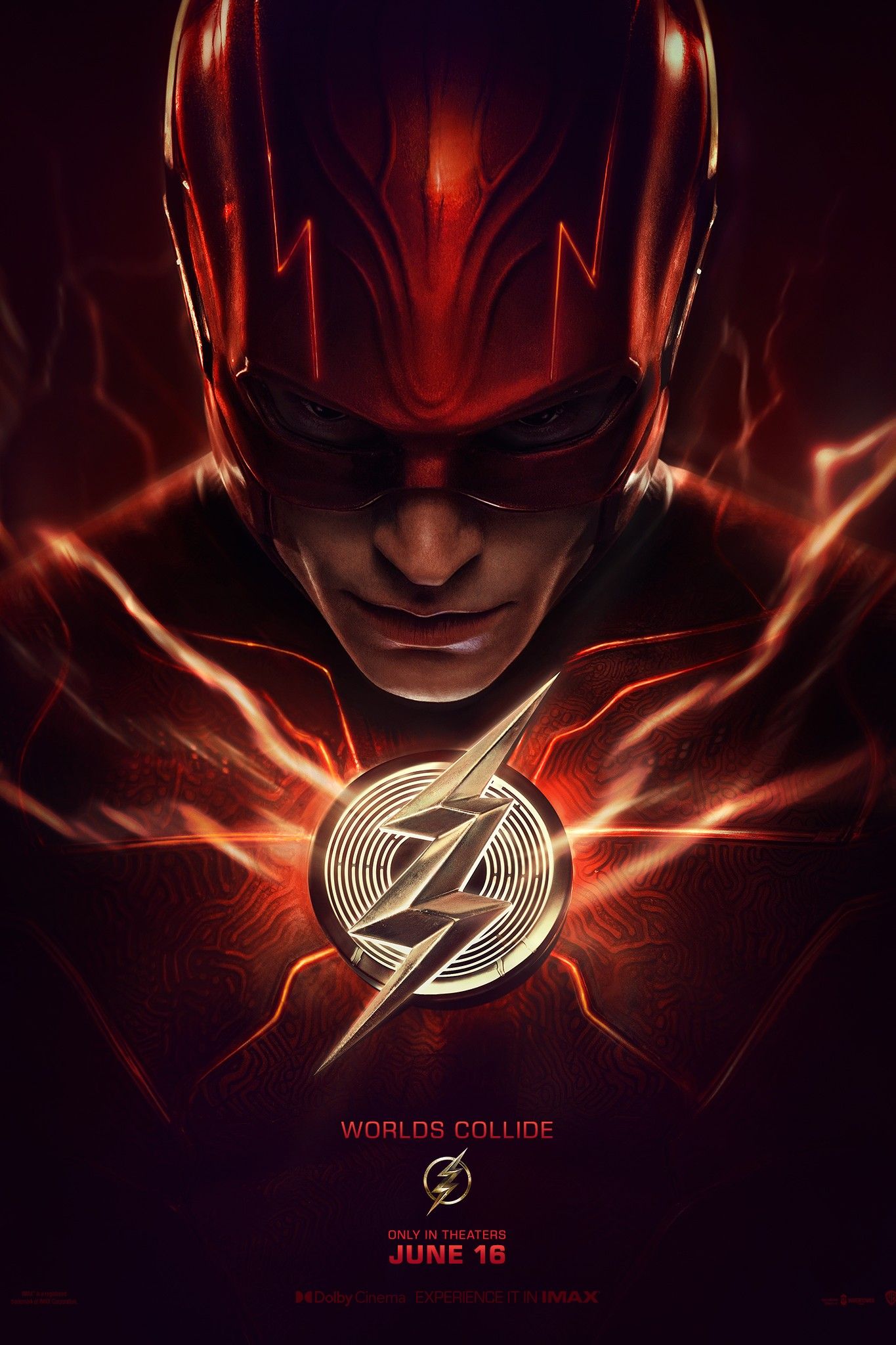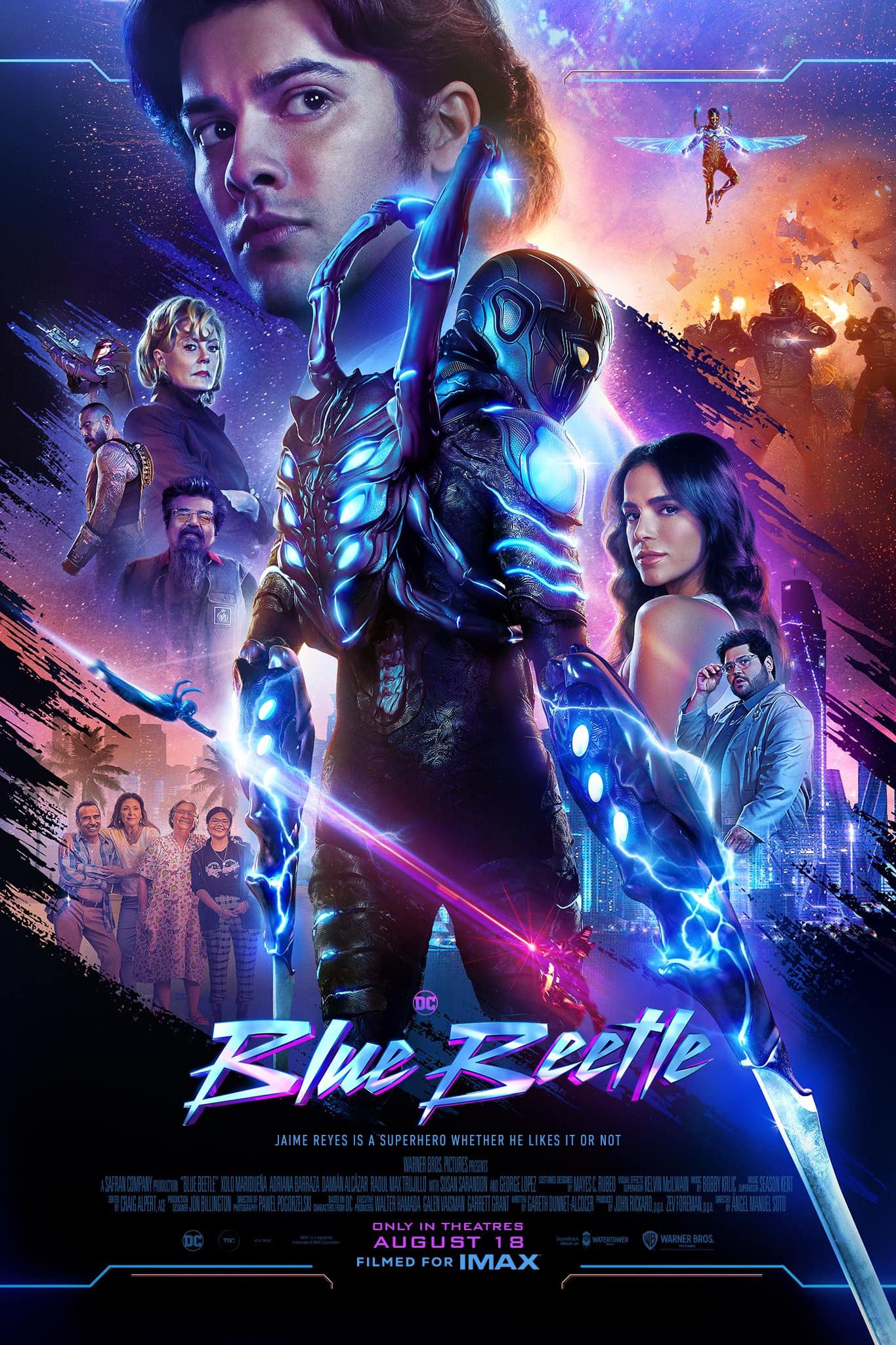Warner Bros. and the DCEU are once again looking toward Kevin Feige for inspiration, even though past attempts to copy Marvel didn't exactly nail the superhero landing. The surprise cancellation of Batgirl sent shockwaves through Hollywood, as Leslie Grace's near-complete $90 million HBO Max movie got whacked during post-production as part of a wider reshuffle (yes, another one) at Warner Bros. Discovery. Reaction from fans and industry figures alike has proven overwhelmingly negative, and question marks hang over the DCEU's future.
Holding an earnings call in the aftermath of Batgirl's demise, CEO David Zaslav offered reassurances that Warner Bros. Discovery was committed to the DCEU, seeing immense theatrical potential in its roster of superheroes. More intriguingly, Zaslav confirmed a 10-year plan was in motion, mentioning Marvel's MCU as the model Warner Bros. now seeks to replicate. Zaslav's exact quote reads, "There will be a team with a 10-year plan focusing just on DC. It’s very similar to the structure that Alan Horne and Bob Iger put together very effectively with Kevin Feige at Disney."
In other words, Warner is eyeing the big mountain of cash and positive reviews propping up the MCU and asking why their superhero franchise doesn't look the same. There's no reason DC shouldn't be able to craft a wildly successful comic book movie universe, and using Kevin Feige's MCU as a formula for prosperity seems sensible enough. If there's a whiff of déjà vu hanging in the air, however, that's because DC has borrowed the Marvel road-map before. And if there's also a whiff of skepticism, that's because those past attempts ended badly.
The DCEU Has Copied Marvel Before (Without Success)
In 2014, one year after Man of Steel, Warner Bros. announced a DCEU slate comprising 10 movies stretching all the way to 2020. This long-term forecast felt remarkably similar to the phased rollouts Marvel had already been implementing on its path to creating a consistently successful movie franchise.
Perhaps the biggest red flag of this DCEU schedule was its pacing. Following Man of Steel, the second entry would be Batman v Superman: Dawn of Justice - a team-up between DC's big three. Only Superman, Batman and Wonder Woman would then debut properly before Justice League: Part 1 in 2017. Compare this to the MCU, which released five whole films before stepping into team-up territory, and introduced its individual Avengers more thoroughly beforehand (even Hawkeye had a cameo in Thor). DC's 2014 slate felt designed to play catch-up with Marvel, rushing toward crossovers without laying the groundwork through Aquaman, Flash and Cyborg solo ventures. These shaky foundations are no way to build a sustainable franchise, and by trying to match Marvel instead of finding its own rhythm, the DCEU suffered an early blow.
The DCEU would turn towards Marvel yet again ahead of 2017's Justice League. Batman v Superman drew heavy criticism for its severe tone, meaning Warner Bros. sought a lighter mood for Zack Snyder's next entry. A slew of revisions to Snyder's original plan followed and, ultimately, reshoots by The Avengers' Joss Whedon. Once again, peeking at Marvel's homework backfired spectacularly, as audiences wholly rejected Justice League's theatrical cut and demanded Snyder's version instead - an unprecedented situation that epitomized how chaotic the DCEU had become.
DC Already Proved Its Best Future Isn't An MCU-Style Format
In 2018, then-Warner Bros. Pictures CEO Kevin Tsujihara admitted the Marvel way wouldn't work for DC, conceding in an interview with The Wrap, "We can’t do what Disney’s done. It’s worked really, really well for them, but it’s not who we are." One year later, Tsujihara told the LA Times, "The [DCEU] universe isn’t as connected as we thought it was going to be five years ago." The late-2010s marked a definitive shift away from the DCEU being a tight-knit Marvel-esque shared universe. Aquaman and Shazam felt largely standalone, while The Suicide Squad took some choice cuts from 2016's original and ignored the rest. Joker and The Batman would then detach from the DCEU entirely. Not every release was a hit (Birds of Prey failed to soar at the box office despite good reviews, and Wonder Woman 1984 paled against the original), but the DCEU finally found its feet as a loosely-connected world that enjoyed a freedom the MCU's rigid continuity could never replicate.
David Zaslav's "10-year plan" and his direct comparisons to Disney's MCU signal a reversion back to 2014's attitude where Marvel was the endgame worth aspiring toward, and long-term interconnected slates were en vogue. Of the ten movies DC announced back in 2014, however, only half released as intended. Having already fallen into that pitfall once, Warner Bros. Discovery's latest proclamation of a 10-year plan that'd make Uncle Kevin proud is concerning - especially when the DCEU was finding success through a more standalone format.
Is The DCEU Worth Rescuing After Batgirl's Controversy?
Between departing directors, exhausted CGI artists, and the odd critical misfire, Marvel's MCU is far from perfect, but Feige's franchise is ruthlessly reliable. When Marvel announces a new movie slate, fans know only minor changes (if any) will be implemented. As seen with SDCC 2022's Phase 5 & 6 announcements, this bond of trust between studio and audience breeds hype, as well as consistency of tone and content. Love or hate it, Marvel makes a plan and sees it through.
Since 2014, Warner's superhero strategy has switched from copying Marvel, to not copying Marvel, now back to copying Marvel again. Numerous confirmed projects have been lost in that shuffle (Justice League Part II, New Gods, Cyborg, Nightwing) and rather than gaining stability, Batgirl's cancellation proves the decision-making process is more chaotic than ever. Quite how no one at Warner realized Batgirl wasn't heading in the desired direction before production had almost finished is remarkable.
Marvel fans can get excited about 2025's Avengers: Secret Wars safely knowing the Multiverse saga conclusion will see the light of day. After the Batgirl debacle, whatever titles Warner Bros. Discovery announces next will be received at arm's length. Burned by the aborting of 2014's long-term DCEU vision, and now again by the cancellation of a movie many were awaiting with eagerness, the DCEU might've exhausted whatever audience goodwill remained. Repeating a strategy that already failed isn't likely to change that.

